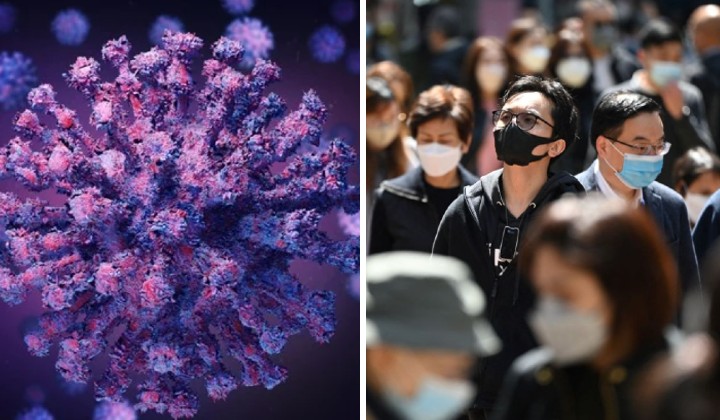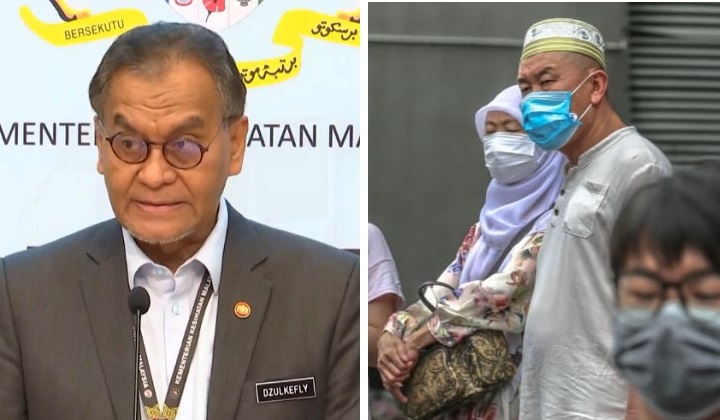Immunologist: We’re Actually Not Sure If Recovered Covid-19 Patients Develop Immunity
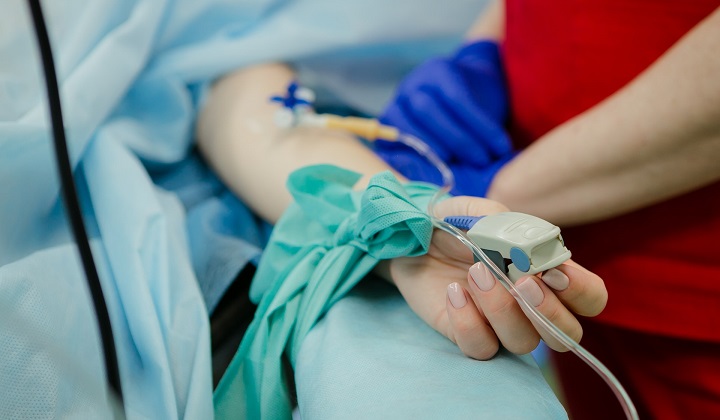
Subscribe to our new Telegram channel for the latest updates on Covid-19 and other issues.
As the numbers of Covid-19 cases continue to surge around the globe, scientists and members of the public alike are asking; Do people who survive the infection become immune to the virus?
The general response is yes, which is why the United Kingdom initially decided to venture down the path of herd immunity before taking a u-turn.
Herd immunity is basically an indirect form of protection from infectious disease when a large percentage of a population has become immune to the infection. This can happen through recovery from an infection or vaccinations. With fewer people getting infected due to resistance, it protects vulnerable individuals in the community and therefore, can end an epidemic.
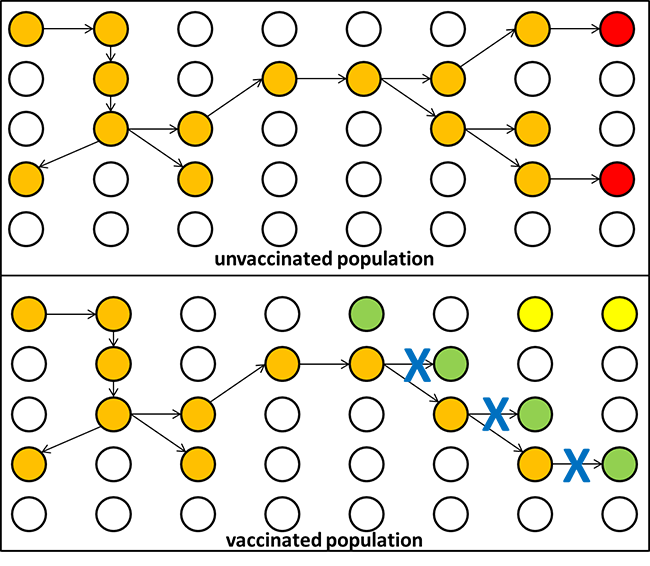
(Credit: Oxford Vaccine Group)
Past examples of infectious diseases that died out through herd immunity are smallpox and polio, although they’re now emerging due to the rise of anti-vaccination groups.
But this is basically how healthcare experts project that the Covid-19 pandemic will end.
However, immunologist Dr Shamala Devi KC Sekaran told New Straits Times that it is actually unclear whether a person who recovers from Covid-19 can be reinfected.
Based on her experience with other coronaviruses, she noted that generally people who had been infected twice would develop immunity.
Some of us will develop it (immunity). Since it’s the first time the body is seeing (Covid-19), it’s going to take anything between three and four, or seven and 10 days before an immune response comes up. And throughout that period, you will be infectious.
Dr Shamala Devi KC Sekaran via New Straits Times.
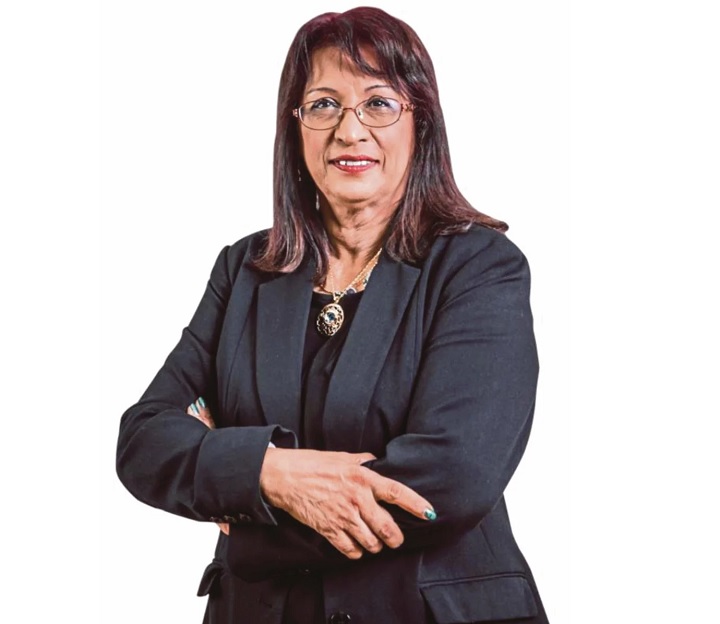
(Credit: New Straits Times)
Her warnings are echoed by Li QinGyuan, director of pneumonia prevention and treatment at China Japan Friendship Hospital in Beijing who told USAToday that those who have been infected with Covid-19 develop a protective antibody – but it isn’t clear how long the protection lasts.
In certain individuals, the antibody cannot last that long…For many patients who have been cured, there is a likelihood of relapse.
Li QinGyuan, Director of Pneumonia Prevention & Treatment at China Japan Friendship Hospital, Beijing to USAToday.
What about vaccines?
Dr Shamala projects that it would take at least one year for a vaccine to be developed, even with the global efforts and resources in place.

So, at this juncture, it is critical to adhere to social distancing and good hygiene.
Dr Shamala also warned that asymptomatic carriers of the virus were the main transmitters, and that testing negative for Covid-19 does not mean you’re in the clear.
If you have been in the vicinity of someone with the disease after the test, it has to be repeated within five to seven days of the first test. Stick to real-time reverse transcription polymerase chain reaction (RT-PCR) tests as it was the most reliable.
Dr Shamala Devi KC Sekaran via New Straits Times.
So remember to keep washing your hands, wear a mask if you are coughing or sneezing and most importantly, stay home unless it’s for essentials. Stay safe, everyone!
Share your thoughts with us on TRP’s Facebook, Twitter, and Instagram.
She puts the pun in Punjabi. With a background in healthcare, lifestyle writing and memes, this lady's articles walk a fine line between pun-dai and pun-ishing.

